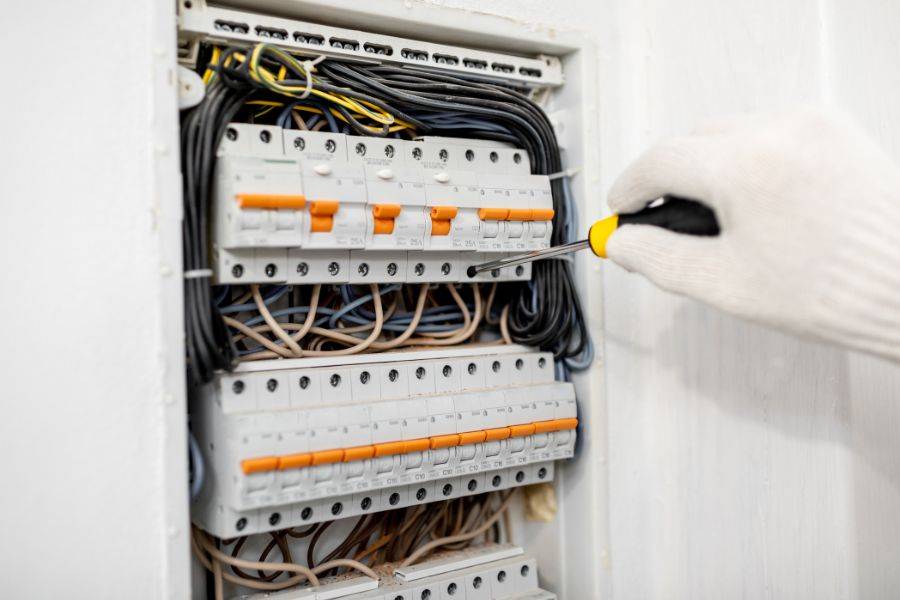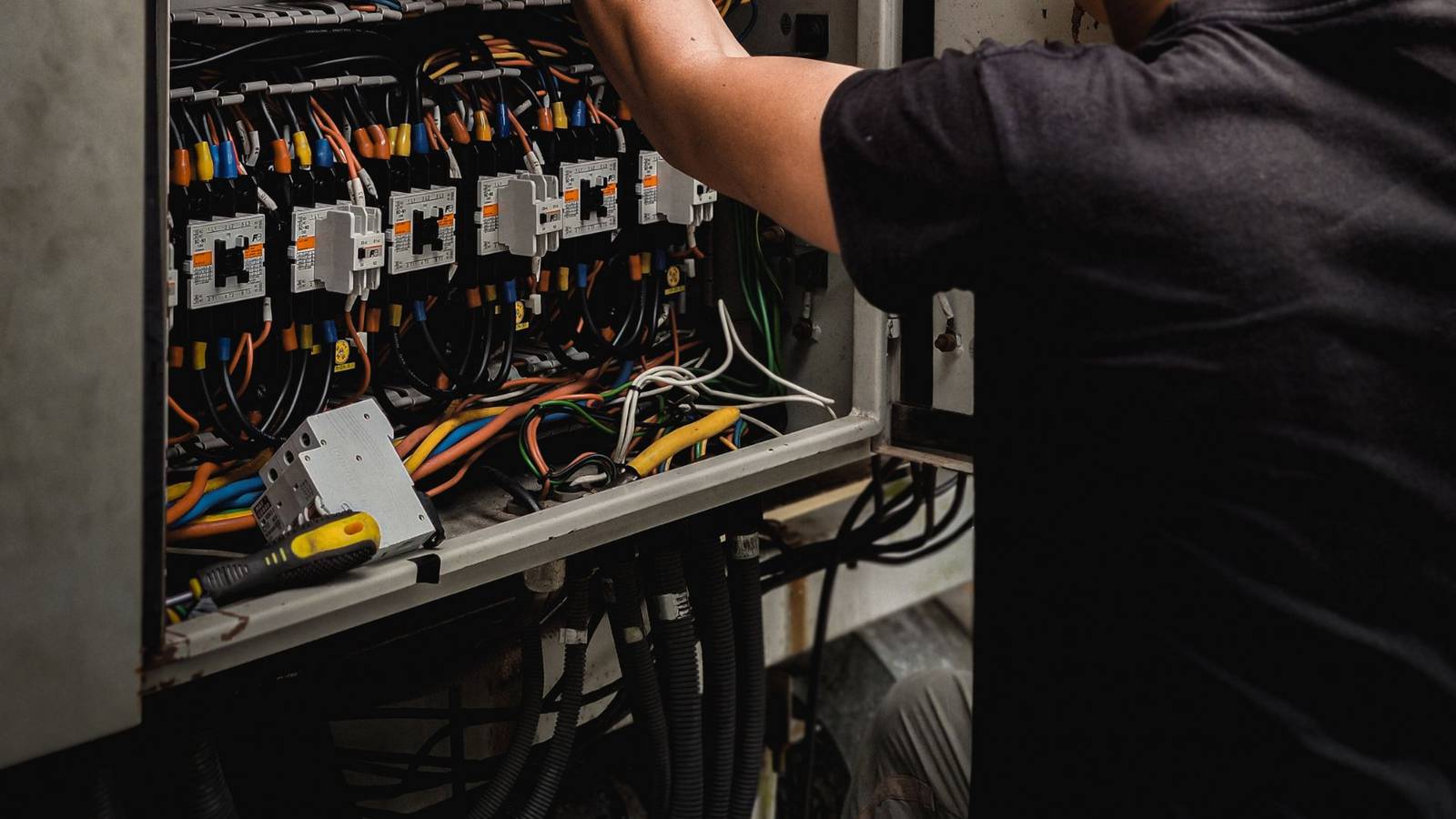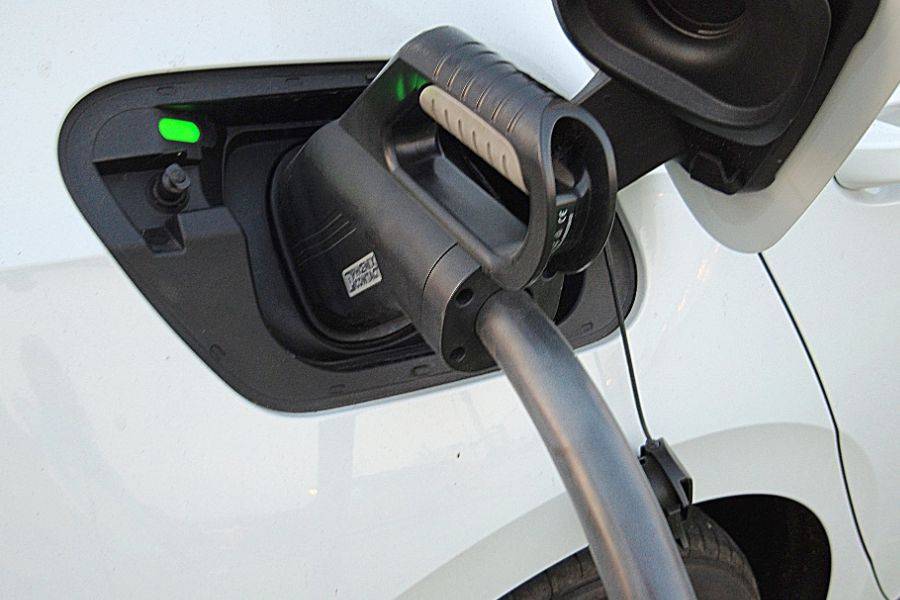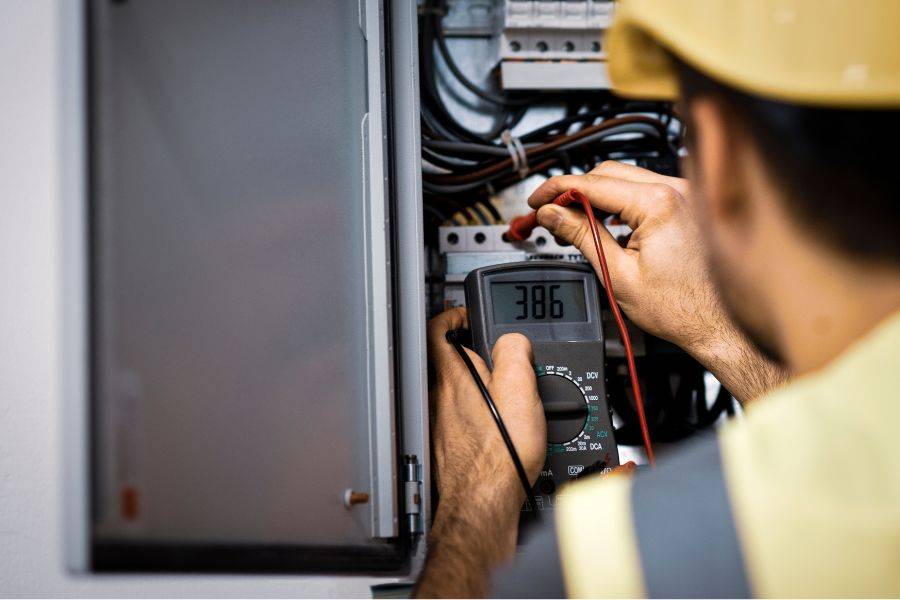
Electrical Panel Replacement vs. Repair: Which Option Saves You Money?
Should you repair or replace your electrical panel? Learn the pros, cons, and long-term costs of each option so you

Not all electrical equipment should share power with other devices. In a commercial space, using the wrong setup can cause flickering lights, tripped breakers, or worse — damaged equipment and electrical hazards.
If you are upgrading your workspace or installing new machinery, it is important to understand when a dedicated circuit is required. Let’s walk through what that means, which commercial systems typically need one, and how Harmony Electric helps businesses in Denver set things up correctly from the start.
A dedicated circuit is a power line that serves only one piece of equipment or system. It has its own breaker and wiring, isolated from other outlets or devices.
This type of setup:
In short, a dedicated circuit is designed to protect your equipment — and your business.
You may already have devices that are pulling too much load for a shared circuit. Warning signs include:
If your business is growing or bringing in new machinery, this is the perfect time to review your electrical setup.
Here are some of the most common items that require their own circuit in a commercial space:
Offices and Tech Hubs
Retail Stores
Restaurants and Food Service
Warehouses and Industrial
If you are unsure about a particular device, it is always better to ask a licensed electrician before plugging it in.
The National Electrical Code (NEC) outlines specific guidelines for circuit requirements. In commercial spaces, local inspectors often look for:
Failing to follow these rules can result in inspection delays, failed permits, and unsafe conditions — especially if you are going through a tenant improvement or build-out.
We work with Denver business owners, facility managers, and contractors to identify circuit needs and install safe, code compliant systems. Our team can:
We make the process simple and seamless, so you can stay focused on your business. Reach out to us today, request a quote or schedule your inspection with Harmony Electric today.

Should you repair or replace your electrical panel? Learn the pros, cons, and long-term costs of each option so you

Confused about EV charger levels? Learn the key differences between Level 1 and Level 2 chargers and find out which

Is your commercial electrical panel keeping up with your power needs? Learn the warning signs of outdated panels and how

Find out what commercial equipment needs a dedicated circuit. Harmony Electric explains why separate wiring protects your business and keeps